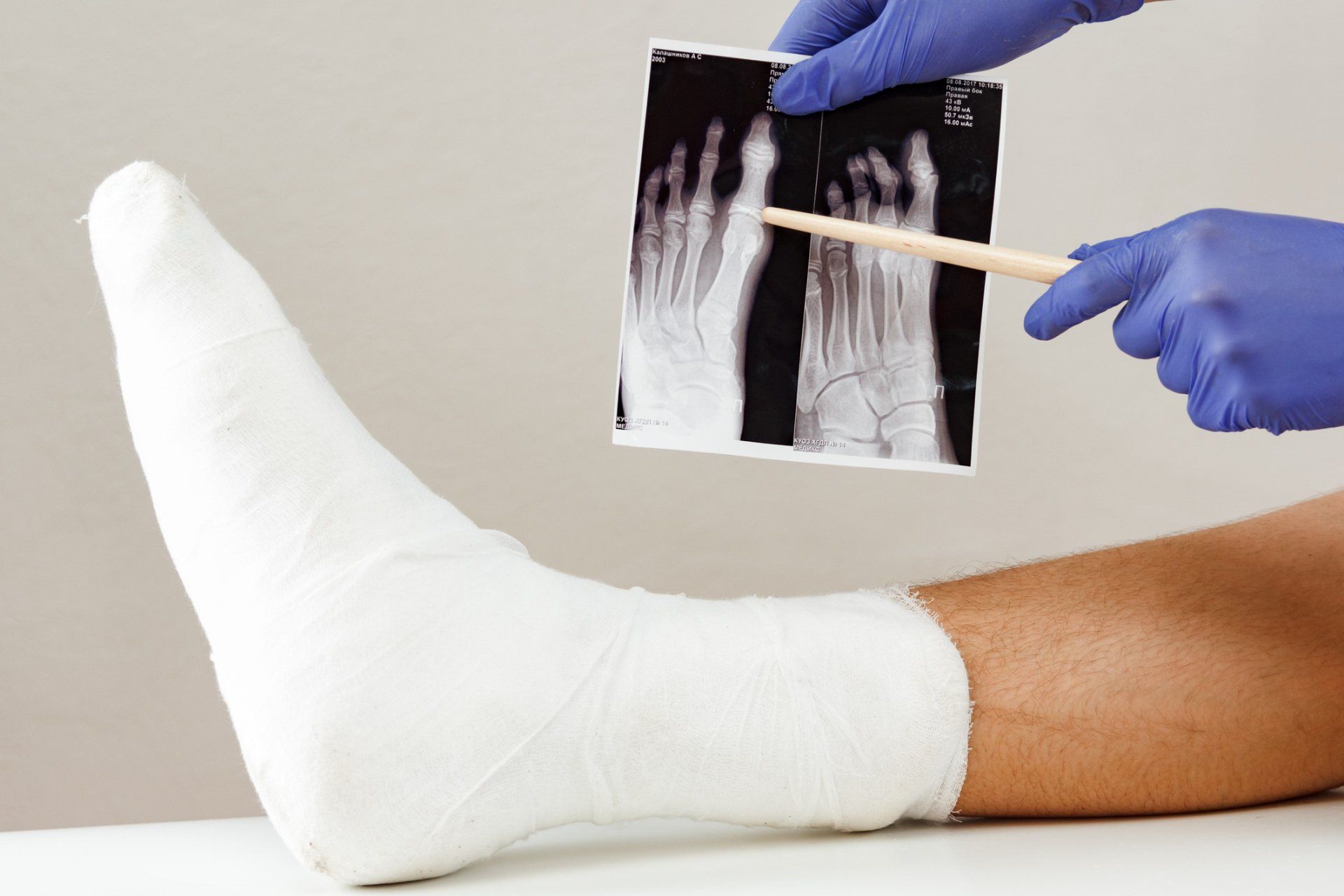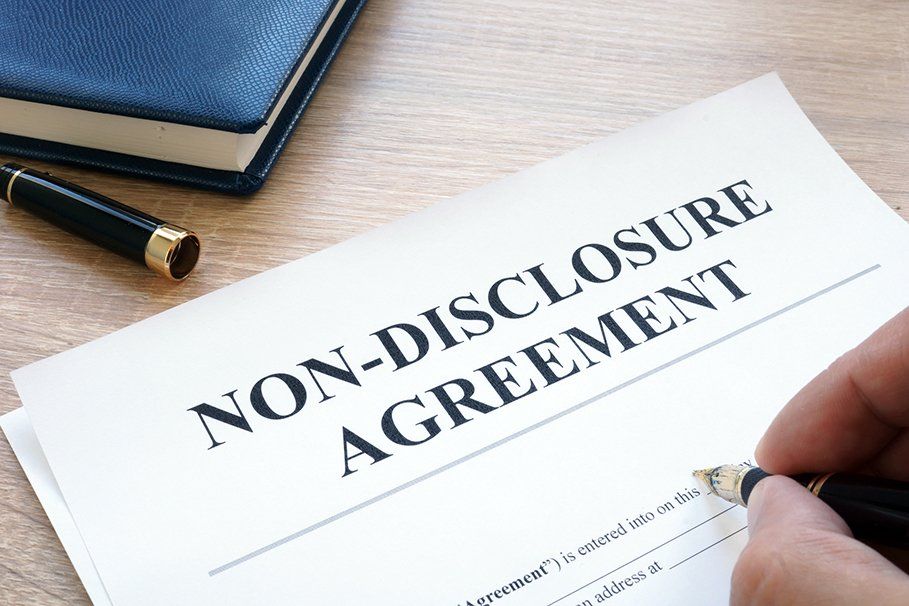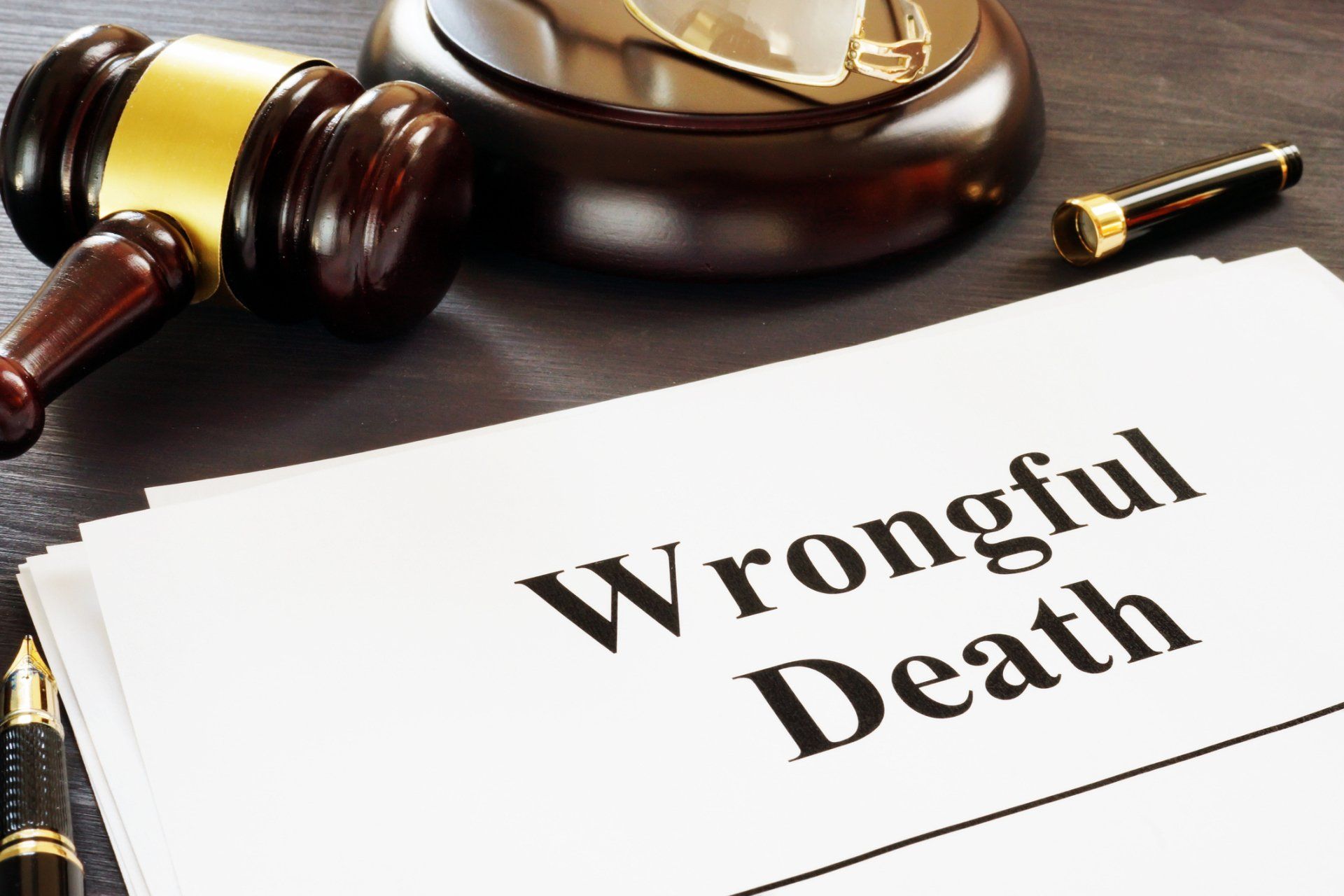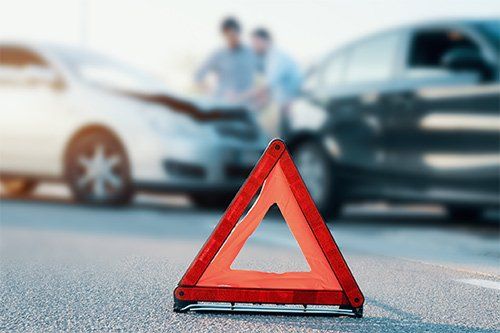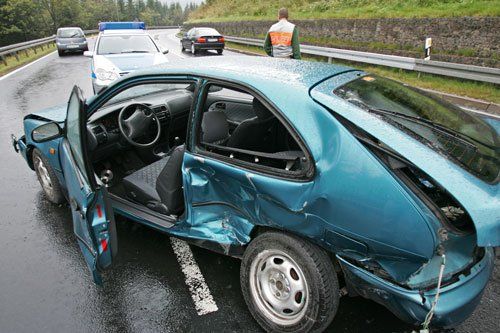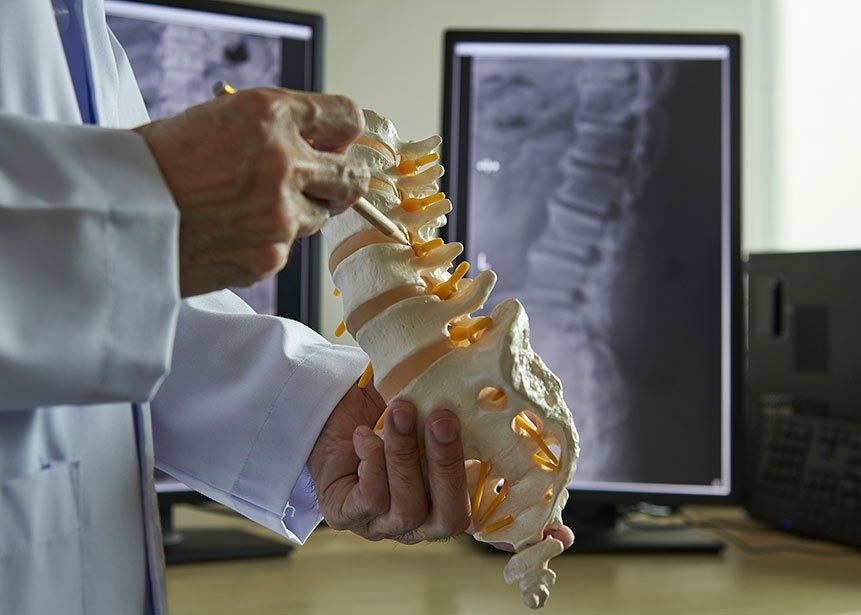Landlords and Slip and Fall Injuries: What You Need to Know
- By Admin
- •
- 14 Jan, 2019
- •
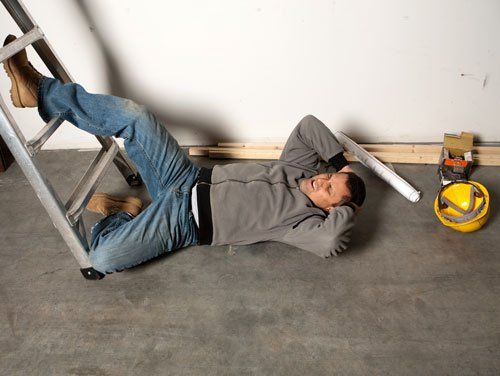
When you are a renter of an apartment or condominium complex and you experience a slip and fall injury while on property, you may wonder if your landlord is responsible for your injuries. Deciding who will pay for your injuries in this situation is complex. You may need to speak with an attorney to find out whether or not you landlord is liable.
If you have not yet spoken to an attorney, the following is some information you should be aware of before you begin a lawsuit against your landlord for your slip and fall injuries.
What Is Premises Liability?
Premises liability refers to injuries sustained due to a defective or unsafe conditions while on another person's property. Generally, personal injury cases involve some sort of negligence, which is common in premises liability cases. To win a premises liability case, you have to show proof your landlord was negligent regarding the normal maintenance of the property.
If the landlord did not reasonably provide safe conditions of your complex and you suffer a slip and fall injury due to the lack of maintenance, your odds of receiving compensation increases. However, just because you were injured on someone's property does not automatically entitle you to compensation and does not automatically assume the landlord was negligent.
What Factors Determine Liability?
When your lawyer looks at the case, he or she will examine different factors to determine whether or not the landlord is labile. For instance, one factor that may apply is why you were on the property when you suffered injury. Another factor could involve how the property was in use when the accident happened.
Also, your attorney will examine the foreseeability of the accident and if the landlord took any reasonable action to prevent the accident.
How Can You Prove Landlord Liability?
In some cases, the landlord will step in and cover an accident with his or her insurance policy if the injury is clearly a case of negligence. If the case is not as clear, you will need to contact your attorney to file a lawsuit if the landlord does not assume liability.
To prove the landlord is negligent in your case, you have to show the landlord knew about the hazard — or the likelihood of it — but did not do anything to prevent or rectify the hazard. Additionally, you have to prove the landlord had direct responsibly for your injuries due to inaction on a known hazard.
For instance, if your slip and fall injury was due to a set of broken stairs the landlord knew were damaged but did nothing to repair, you have a higher chance of winning your case.
When Are You Responsible for Your Injuries?
To win a case against your landlord, you cannot be held accountable for knowledge of the hazard or that you fell on purpose. For instance, if you see a wet floor sign in the hallway and you choose to walk through the area anyway and fall, you may not have a case.
Who Do You Sue?
While your landlord may be directly responsible for some of the daily tasks of ensuring the property is safe, you may have to traverse through different departments to find out who you can file a claim against.
Rental complexes are a business, so you may have different people responsible for different parts of the property. The landlord may not own the complex, so you may have to pursue a claim against the owner. Your lawyer will determine the correct party to sue once you decide to move forward.
If you need assistance with a personal injury claim, please contact the Richard D. Hoffman Law Offices.

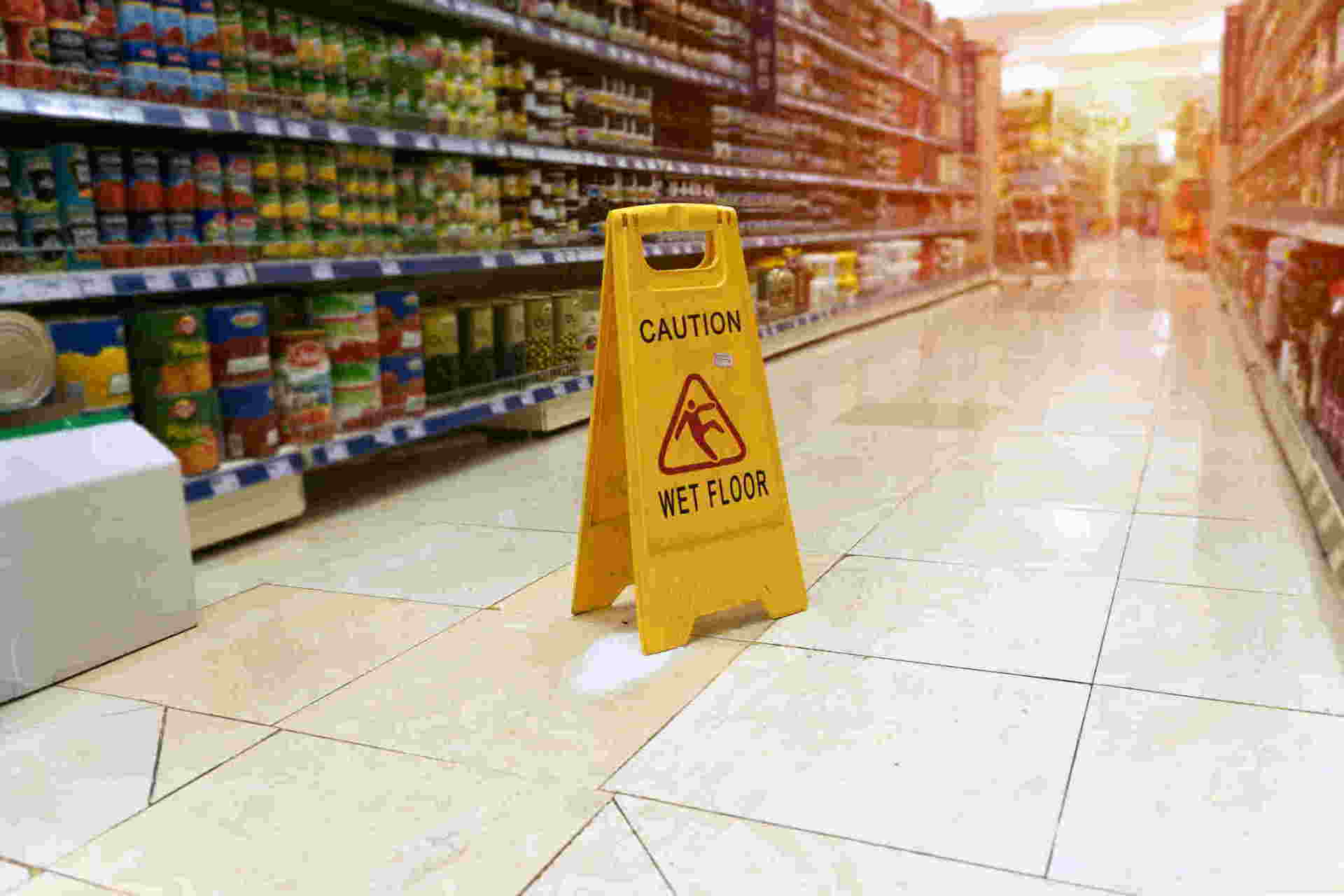

Have you been diagnosed with mesothelioma? Read on to learn more about the condition and your legal options.
